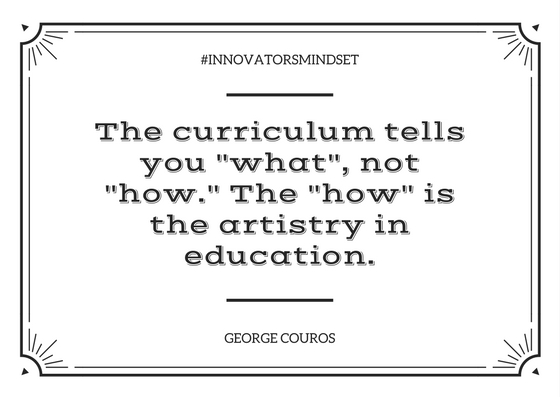We were on vacation recently and I was trying to estimate the dinner bill. I figured I would see if my 3rd and 4th graders could figure it out so I gave them the prices for the meals and drinks. After thinking it through my son told me the number he had come up with after he added the prices for the meals and multiplied for drinks and figured out the tax. When we got the bill he was exactly right. I was shocked that he had held all of the numbers in his head and figured it out!
His interest and ability to figure this out reminded me of when his teacher told me a few years ago that he had some really creative and well thought out answers BUT he didn’t often raise his hand to share. It often took him much longer to respond and she told me that she could see this was going to be a challenge for him in school where quick responses were often equated with “being smart” (or doing well in school).
This comment has haunted me and she was right. School quickly became challenging and frustrating for him. He checked out… in 2nd grade and to make it worse he pointed out often that as hard as I was working to improve schools, it wasn’t working. Talk about a sense of urgency…
Fast forward a year in a new learning environment. He came home the other day and said, “I’m actually smart and really good at math!” His motivation and excitement about school are dramatically different.
What’s the difference?
Instead of math class consisting of timed test and worksheets (that he says just get thrown away), he solves complex problems, discusses strategies, and learns with and from his peers and teacher in cognitively guided instruction. He gets recognized and celebrated for solving problems in ways that make sense to him and learns new and better ways as well. I could not be more grateful and in awe of his amazing teacher.
As I was thinking about the difference in his experiences, I remembered the IMMOOC conversation (Season 3 episode 1) that George Couros and I had with Jo Boaler where she shared the research and strategies that she also references in her book, Mathematical Mindsets, the conversation we had pushed my thinking and validated so many experiences as well. Seriously check it out! One of the biggest takeaways was the reference to numerous research studies that she shares “have shown that when students are given opportunities to pose mathematics problems, to consider a situation and think of a mathematics question to ask of it—which is the essence of real mathematics—they become more deeply engaged and perform at higher levels.”
Developing the Confidence and Competence of Learners
What my son’s experience and the conversation with Jo Boaler reinforced for me is that although the same standards are taught in each class the strategies and the culture created a much different experience and impact. The same child in two different learning environments (both with educators who care and are doing the very best they know how) can have a dramatically different impact on the learners, their self-concept and performance. As George Couros says, “The curriculum tells you what to teach not how. The how is the artistry in education.”

Ultimately, if we want schools to be about learners and learning, we have to ensure that environments, expectations and the experiences we create are in service our of goals. If we want learners who are skilled problem solvers and critical thinkers they need the opportunity to practice and develop these skills and a community of learners who help them develop the confidence and competence to do so.


0 Comments